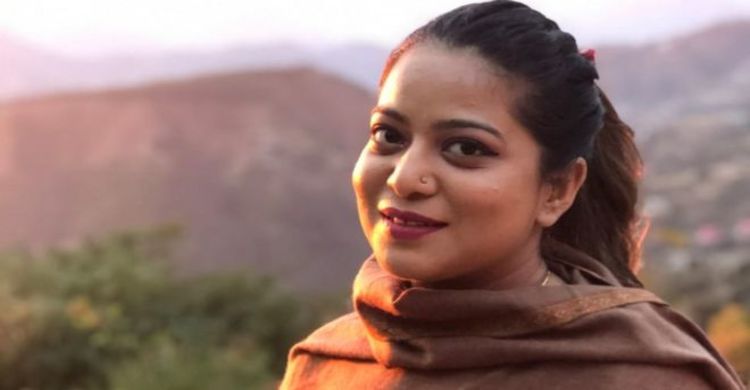Safoora Zargar, pregnant anti-CAA protester, gets bail

A court in India has granted bail to Safoora Zargar, a 27-year-old student activist who was jailed in April in a case related to the religious violence in capital New Delhi earlier this year.
A New Delhi court on Tuesday granted bail to Zargar on the condition that she does not involve herself in activities that could hamper the investigation. She has also been directed to not leave the capital city, reports Al Jazeera.
Zargar's imprisonment, despite her pregnancy and amid the coronavirus pandemic, had caused widespread outrage, with activists and lawyers across India calling for her release on humanitarian grounds.
She was charged under the Unlawful Activities Prevention Act, 2019 (UAPA), a stringent anti-terror law rights groups have labelled "draconian".
Police accuse her of being a key "conspirator" in the February violence that erupted in northeast Delhi during nationwide protests against the controversial Citizenship Amendment Act (CAA).
At least 53 people were killed, mostly Muslims, in the worst violence in the capital since the 1984 anti-Sikh riots.
The police investigation into the violence has seen disproportionate arrests of Muslims, some of them under the stringent UAPA, with writers, academics, lawyers and filmmakers calling it an "unending witch-hunt" of peaceful protesters.
Zargar was jailed in New Delhi's Tihar prison complex, one of India's most overcrowded prisons which is currently holding nearly double the number of inmates it was built for.
Zargar, a research scholar at the Jamia Millia Islamia university in New Delhi, had organised weeks of protests against the CAA, passed by India's Hindu nationalist government in December last year.
The law grants Indian citizenship to non-Muslim religious minorities from neighbouring Pakistan, Bangladesh and Afghanistan, a provision that critics say violates India's secular constitution and is aimed at disenfranchising the country's 200 million Muslims.
The CAA, coupled with a planned nationwide National Population Register process to identify "illegal migrants", has been challenged in India's Supreme Court by several activists and opposition parties.
Zargar was a member of the Jamia Coordination Committee (JCC), a student group formed to challenge the citizenship law. Thousands of Indians - often led by Muslim women - had hit the streets to demand the repeal of the "anti-Muslim" law.
The Human Rights Watch earlier this month asked the Indian authorities to "immediately drop politically motivated charges" and release people arrested for protesting against the CAA.
"Police have used draconian anti-terrorism, sedition, and other laws against students, activists, and other government critics, but have not acted against violence by supporters of the ruling Hindu nationalist Bharatiya Janata Party," the rights group said in its report.



